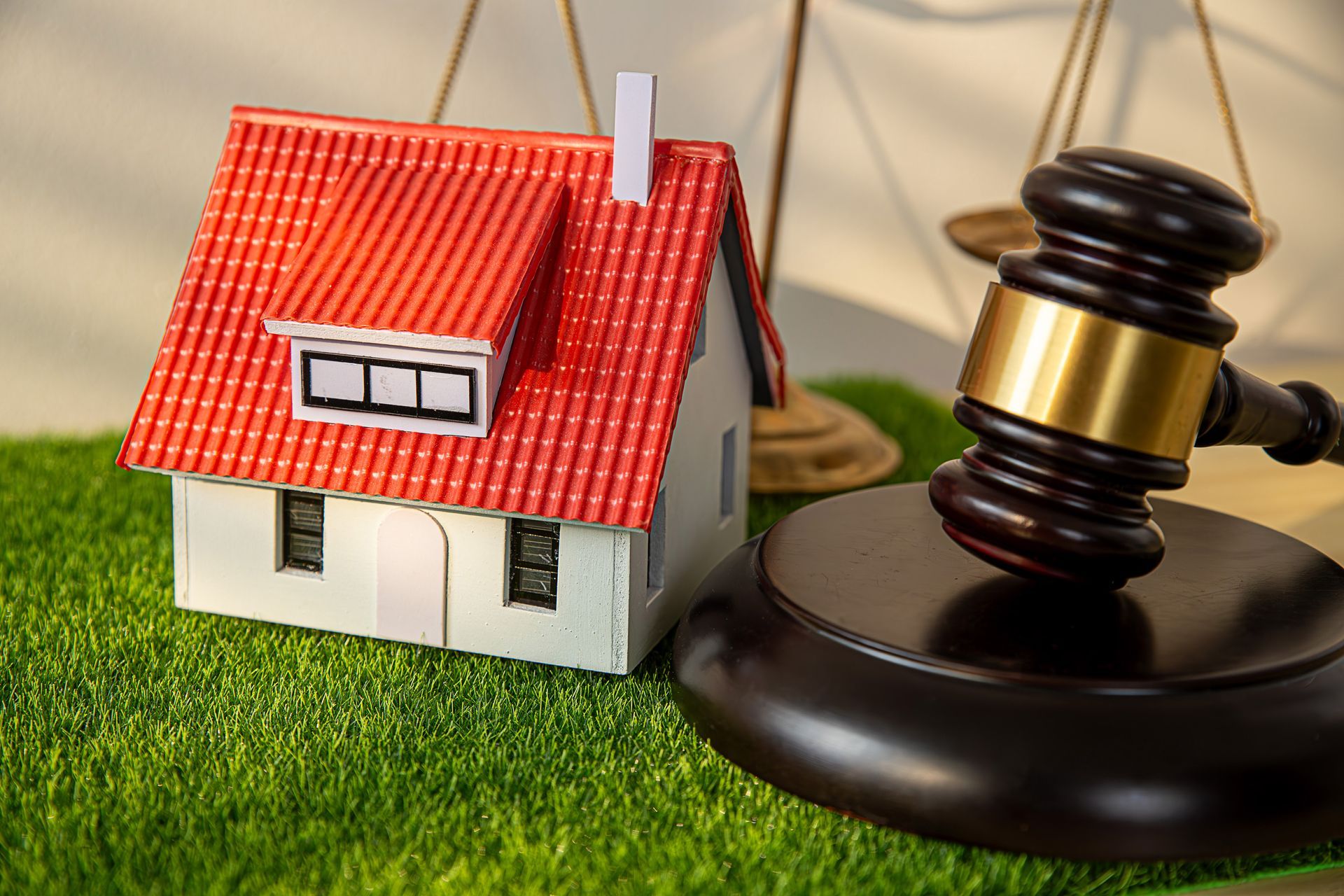Contact Us
Phone: 405-977-3201
Location
224 W Gray St
Suite 203B
Norman, OK 73069
Hours
- Mon - Fri
- -
- Sat - Sun
- Closed
Is Chapter 13 bankruptcy right for you?
Once the trustee accepts the payment plan, you make payments directly to the trustee. The trustee distributes payments to the creditors. As a chapter 13 debtor, you keep your home, your vehicle, and other belongings while you pay off your debts.
One of the biggest differences between chapter 7 and chapter 13 involves home ownership. If you own a home and foreclosure is a concern, a chapter 13 may allow you to save your home, since repaying what you owe is worked into your payment plan. If you have a regular income of some kind and have unsecured debt of $400,000 or less, call the Law Offices of B David Sisson now for your free phone consultation: 405-447-2521!



Schedule a Case Evaluation
Contact us now!
Homepage FCE Form
We will get back to you as soon as possible.
Please try again later.
By submitting this form, you agree to be contacted by our law firm, either by phone, text or by email.
Location
224 W Gray St
Suite 203B
Norman, OK 73069
Hours
- Mon - Fri
- -
- Sat - Sun
- Closed
In-office interactions are by appointment only. This does not apply to telephone calls, text messages, or emails.
Language
Disclaimer: The information on this website is for general information purposes only. Nothing on this site should be taken as legal advice for any individual case or situation. This information is not intended to create, and receipt or viewing does not constitute an attorney-client relationship.
© Copyright 2025 | All Rights Reserved | Law Offices of B. David Sisson | Powered By Convert It Marketing | Privacy Policy




